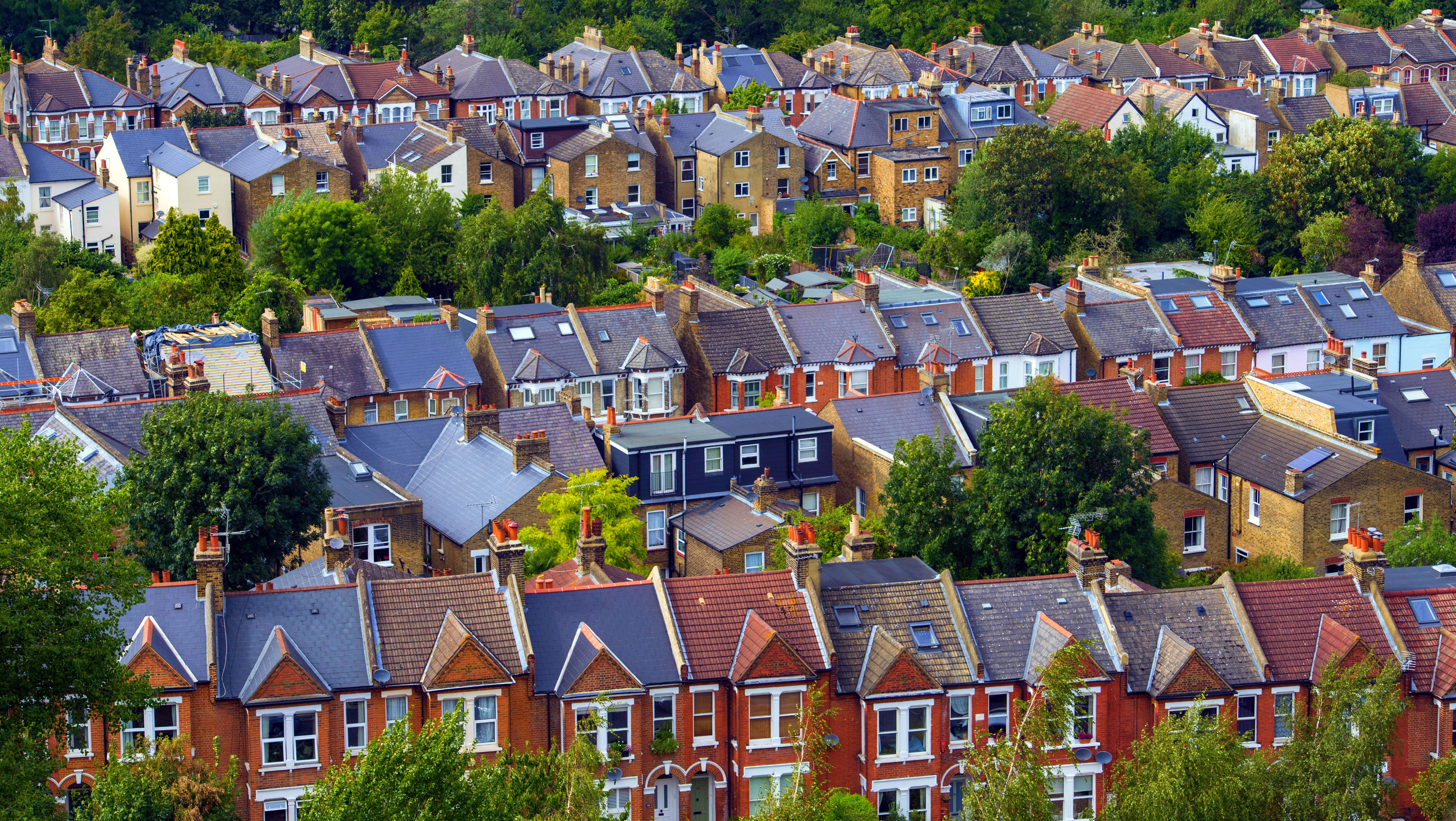Why houses are taking longer to sell
Average UK property now sits on market for more than three months

A free daily email with the biggest news stories of the day – and the best features from TheWeek.com
You are now subscribed
Your newsletter sign-up was successful
Homeowners who put their properties up for sale are having to wait longer to find a buyer than they did a year ago - and more than a third of deals then fall through, according to a new report.
The average time taken for a property to sell is now 102 days, up from 96 days in 2017, according to an analysis of 35 UK towns and cities by the Centre for Economics and Business Research.
The study, for Post Office Money, also found that 35% of deals fall through within three weeks of a seller receiving an offer. And a total of 44% go down the drain within four weeks, “which the Treasury found has cost consumers £270m a year on failed housing transactions”, reports This Is Money.
The Week
Escape your echo chamber. Get the facts behind the news, plus analysis from multiple perspectives.

Sign up for The Week's Free Newsletters
From our morning news briefing to a weekly Good News Newsletter, get the best of The Week delivered directly to your inbox.
From our morning news briefing to a weekly Good News Newsletter, get the best of The Week delivered directly to your inbox.
Gazumping - when a seller verbally accepts an offer but then reneges after received a higher bid from another buyer - is also on the rise. The highest rates of gazumping were found in Sheffield, where more than a third of buyers reported falling victim to the practice.
The statistics will make for particularly bleak reading in Blackpool, where sellers now wait an average of 131 days to finalise a deal. London has the second-slowest property market, with the average property taking 126 days to sell. And houses worth more than £1m are taking around 171 days to shift in the capital.
At the other end of the scale, properties in Edinburgh are snatched up in 39 days, on average.
The nationwide slowdown is being blamed on a number of factors. The BBC notes that deals can be held up by “legal requirements and the practicalities of moving dates”.
A free daily email with the biggest news stories of the day – and the best features from TheWeek.com
Meanwhile, This Is Money points to “years of price growth” that has put off many buyers.
Explaining the regional variations, the news site reports that Blackpool has the oldest average population and is therefore “not benefiting from the recent rise in first-time buyer sales”, while the Edinburgh boom is down to “strong population growth which in turn increased demand for houses”.
Maintaining an upbeat tone, a Post Office Money spokesperson said: “Properties are taking slightly longer to sell but this doesn’t mean that interest in moving up the housing ladder is waning. First-time buyers have actually increased by 12% across the market in the last year alone, encouraged by the reduction made to stamp duty costs and mortgage innovation.
“We also know that housing supply has increased significantly - the number of homes completed in 2018’s second quarter was up 7% in England, compared to the previous quarter, so there are more properties available to choose from for prospective buyers.”